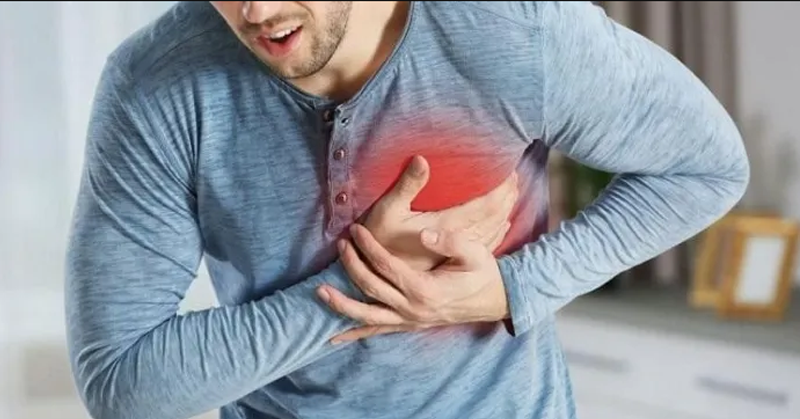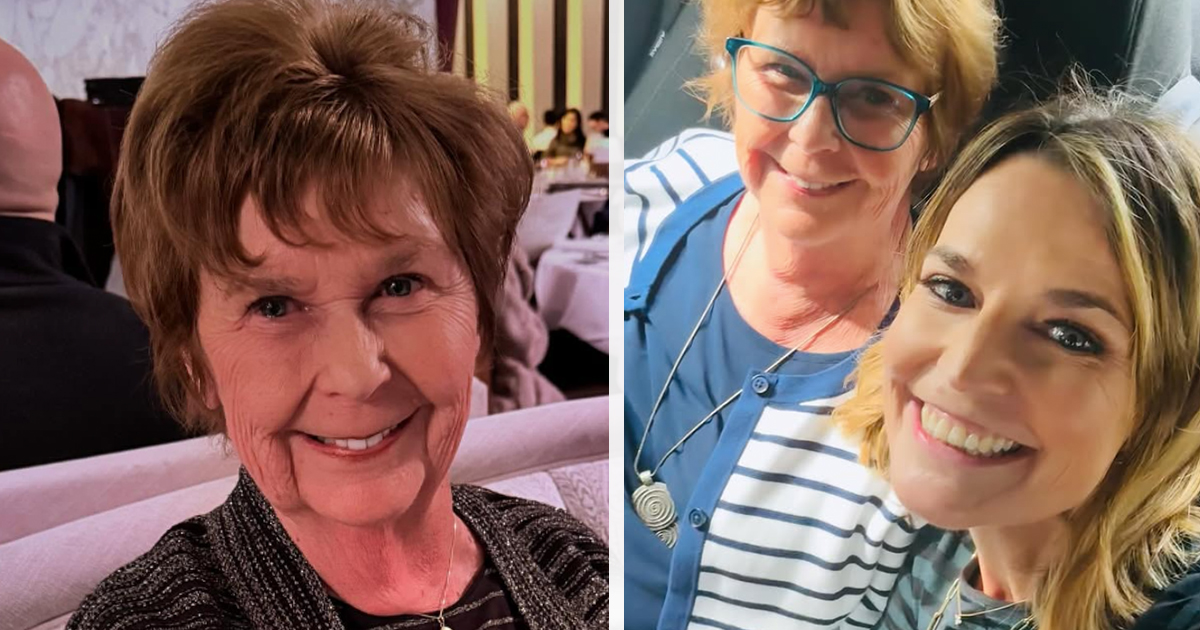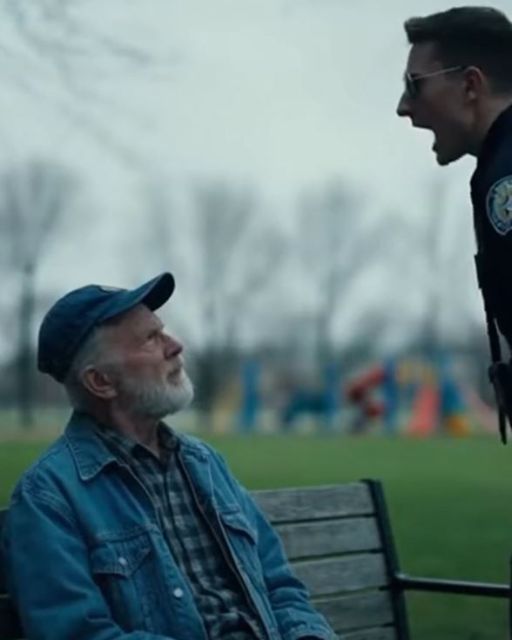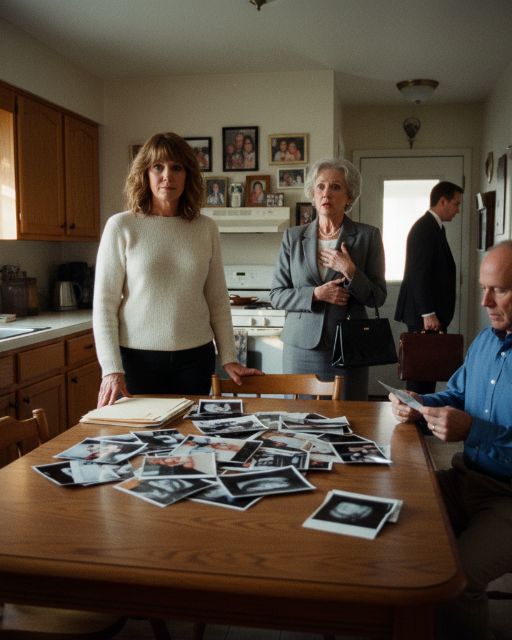Stroke is a very dangerous health problem, with the third highest mortality rate in the world after Cancer and Cardiovascular Diseases. Recognizing the Signs of a Stroke Will Help Prevent Disease As well as Limit Severe Sequelae.
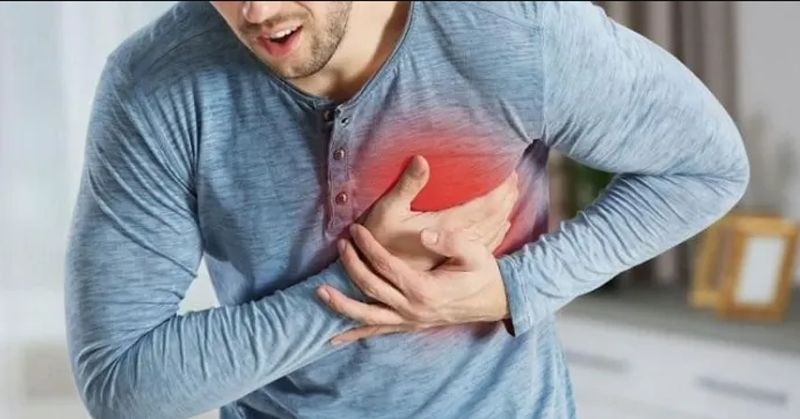
WHAT ARE THE 5 WARNING SIGNS OF A STROKE?
Picture this: You’re feeling just fine, when suddenly your body starts acting like it’s got a mind of its own. That’s right, we’re talking about strokes and their warning signs. Here are the five big red flags:
If you or anyone around you starts showing these signs, don’t just stand there scratching your head. Note the time it started and call 911 immediately. Because time is brain, folks!
And to help you remember all this, there’s a handy acronym: F.A.S.T.
Sometimes, strokes can also bring along nausea, vomiting, and vertigo as party crashers. Make sure you jot down when any of these symptoms started because the ER docs will want the deets to get you back on your feet quicker.
Who is at Risk?
Okay, so who’s at risk of these unexpected brain events? Spoiler alert: It could be anyone. But some folks are a bit more likely to end up on that list.
You might be at a higher risk if:
Eating healthier, moving more, and generally giving your lifestyle a little makeover can help shave off some of these risks. And if you want to be extra sure, have a chat with your doctor about health screenings.
Why It’s Important and What to Do?
If you think you or someone else might be having a stroke, don’t just Google what to do. Call an ambulance right away and mention you suspect a stroke. Even if you suddenly feel fine, don’t skip that hospital visit. Sometimes strokes act like the ultimate prankster.
Treatment depends on the type of stroke and how urgently you get help. The main goal is to get the blood flowing back to the brain. Sometimes medicine can dissolve clots, or you might need a surgical assist. The sooner the better when it comes to treatment.
After the immediate issue is dealt with, you might need ongoing care to prevent another stroke and to recover. This could mean taking medication to prevent clots or lower blood pressure, maybe even surgery. Plus, you might need support to tackle any long-term challenges like speech or movement issues. Bottom line: The quicker you get help, the better your recovery prospects.
So, are you feeling like a stroke-detecting superhero now? Can you remember what F.A.S.T. stands for without peeking?
